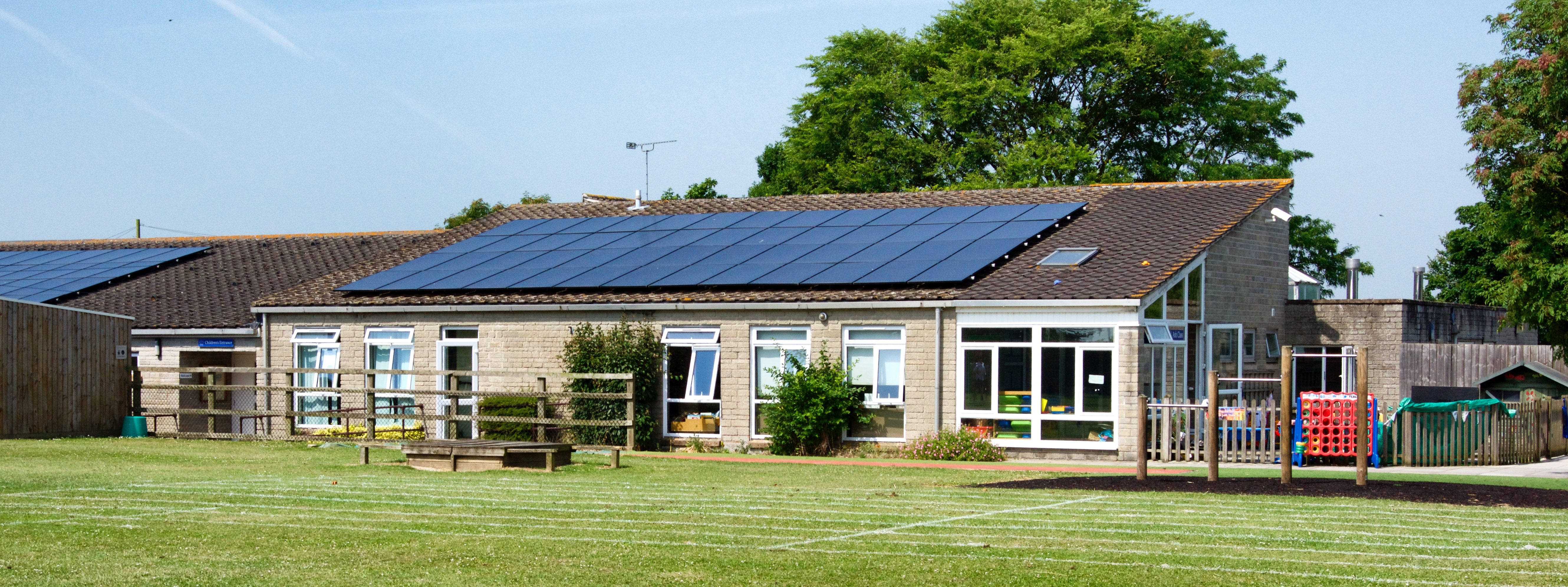Cygnet Class
Teacher: Mrs Gabrielle Manzi
TAs : Mrs Michelle Rose, Miss Heather Brannan and Miss Evie Byrne
Welcome to Cygnet Class
Question: where can you…..?
-
discover, explore, imagine
-
build a pirate ship and sail across the Arctic ocean
-
hunt for fossils, buried treasure or both
-
escape the hot lava of an active volcano
-
dig, plant, grow and cook
-
travel to the moon in a homemade space ship
-
paint everyday, if you want to
-
dance freely, sing loudly
-
become a scientist or superhero, mathematician or engineer
…and, of course, learn to read and write your first words…….
Answer: in Cygnet class! – where children explore what it is like to be grown-up, and where grown-ups remember what it was like to be a child.
Cygnet Class is where the youngest children begin their time with us. The children in this class are Reception and Year 1. In Cygnet Class there is a mixture of play based learning and more formal teacher led learning. A particular favourite of the week is the Welly Walk, where the children go off site around the village and local area learning about their surroundings. Children in Cygnet class have daily phonics lessons and lots and lots of stories. They have many opportunities to explore their learning through hands-on experiences.
Cygnet Curriculum Overview Year A 2023
Spring Term 2025
What will we be learning about this term?
We will all be learning how to read and write through our daily phonics and reading lessons. Reception will be learning phase 3 including how to read and spell common exception words. Year 1 will be learning phase 5. Every child will have guided reading lessons and lots and lots of stories. We will also be working hard on our handwriting. Please ask your child to read their school reading book to you at least three times all the way through and try to read everyday if possible, as this will ensure that your child builds confidence and fluency.
In our history topic we are learning how historians use different historical sources to help them find out about the past We will focus on different explorers: Neil Armstrong, Ernest Shackleton, Matthew Henson, Maria Sibylla Merian and Marco Polo.
In Science we will learn all about animals including humans. We will also learn about what happens in Winter and
Spring.
In English we will be using Talk for Writing to explore the story of ‘The Sleepy Bumblebee’. We will be learning how to use adjectives to describe settings and how to write a super sentence using full-stops and capital letters. Reception will learn how to remember and tell a whole story using a story map and actions. We will also be having fun in our writing and story telling with Drawing Club.
In Maths year 1 will be learning how to add and subtract and how to read and write equations. They will also be counting to 20 and understanding what each digit represents in numbers to 100. They will learn how to remember and use number facts within 10.
Reception will be learning how to subitise and partition numbers 6-10. They will also continue to explore spatial reasoning through building and construction, pattern spotting and making.
In PSED we will be looking at our emotions within the Zones of Regulation and the different strategies we can use to help us when we are struggling with big feelings.
In Design Technology year 1 will be learning how to make a fruit smoothie. Reception will learn how to work safely in woodworking lessons, alongside creating using junk modelling.
In RE we will learn all about Judaism, including learning about the Synagogue and the Torah. After half term we will learn all about Easter.
Don’t forget to send your child in with a named PE kit and wellington boots for wet welly walks. Children will also need a complete set of named spare clothes too, just in case of accidents!
Useful Documents and information:
Please find the powerpoint from Mrs Manzi’s presentation to parents about the Early Years Foundation Stage attached for you to look at at your leisure.
Here is the link to the Foundation Stage phonics presentation:
Phonics workshop REC Sept 2022
Here is the link to the handwriting website which has lots of ideas to help you support the development of gross and fine motor skills in preparation for handwriting. https://teachhandwriting.co.uk/parents.html
If you are having to self -isolate here are a few things you can do to support your child’s learning at home:
Maths
- Watch Number blocks together and talk about the maths you see
https://www.bbc.co.uk/cbeebies/joinin/numberblocks-help-your-child-with-maths
- Play board games using a dice- this helps your child to practise subitising (seeing a number of objects without having to count them) and turn taking.
- Practise reading and writing numerals
- Count together – up to 100 and beyond
- Sing number songs like Five little Ducks (BBC School radio has lots of number rhymes)
- Make different patterns using everyday objects
- Talk about the shapes you see in the environment
- Cook together – follow a recipe and weigh the ingredients
- Teach them to tell the time – o’clock and half-past the hour
- Say the days of the week and months of the year together
English
- Sing lots of nursery rhymes (BBC School radio will help) https://www.bbc.co.uk/programmes/p06kbsbz
- Read lots and lots of stories together
- Collect a few objects and make up stories together using the objects
- Practise writing the letters of the alphabet
- Support your child to practise writing their name
- Make shopping lists together – either writing or drawing the things you need
Also – please call into school if you can, and collect a handful of reading books for your child to read whilst they are off school.
